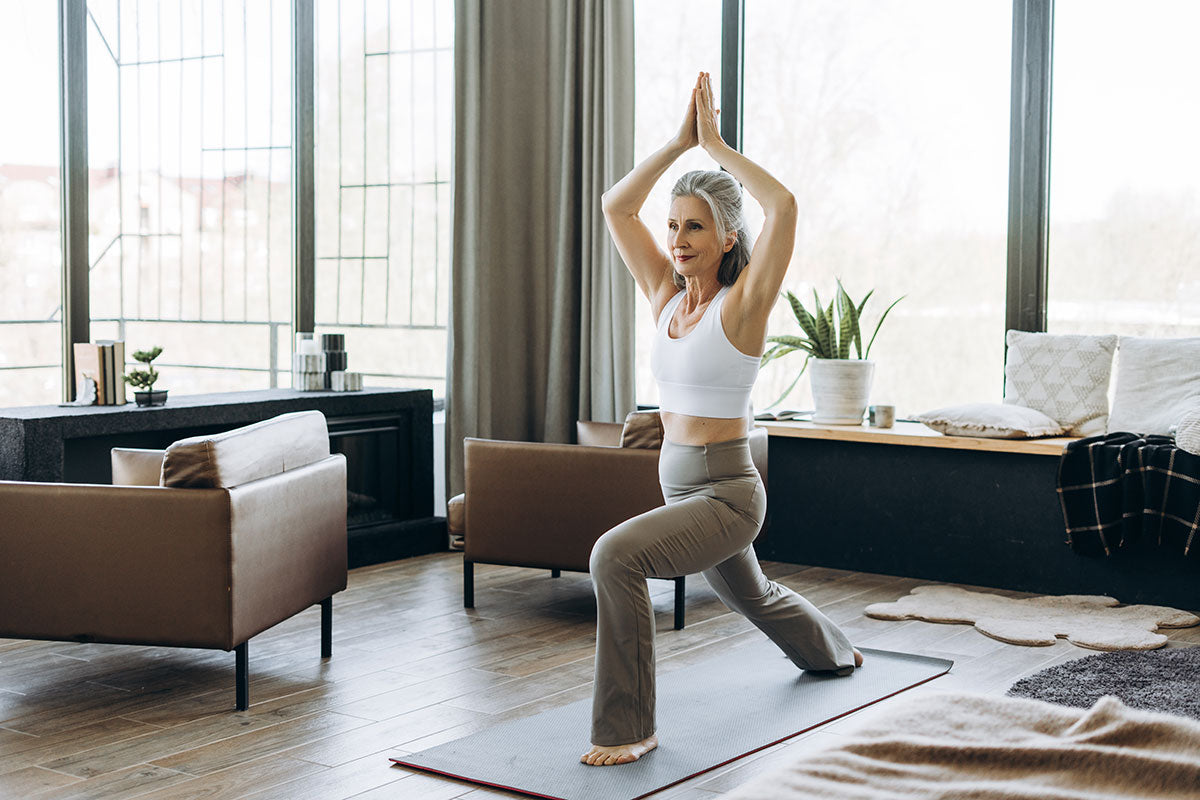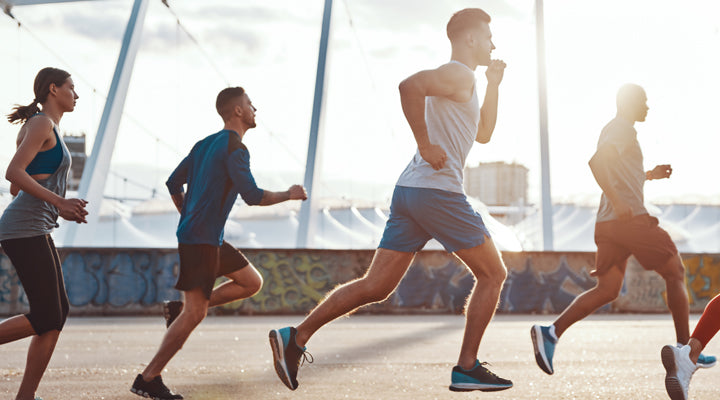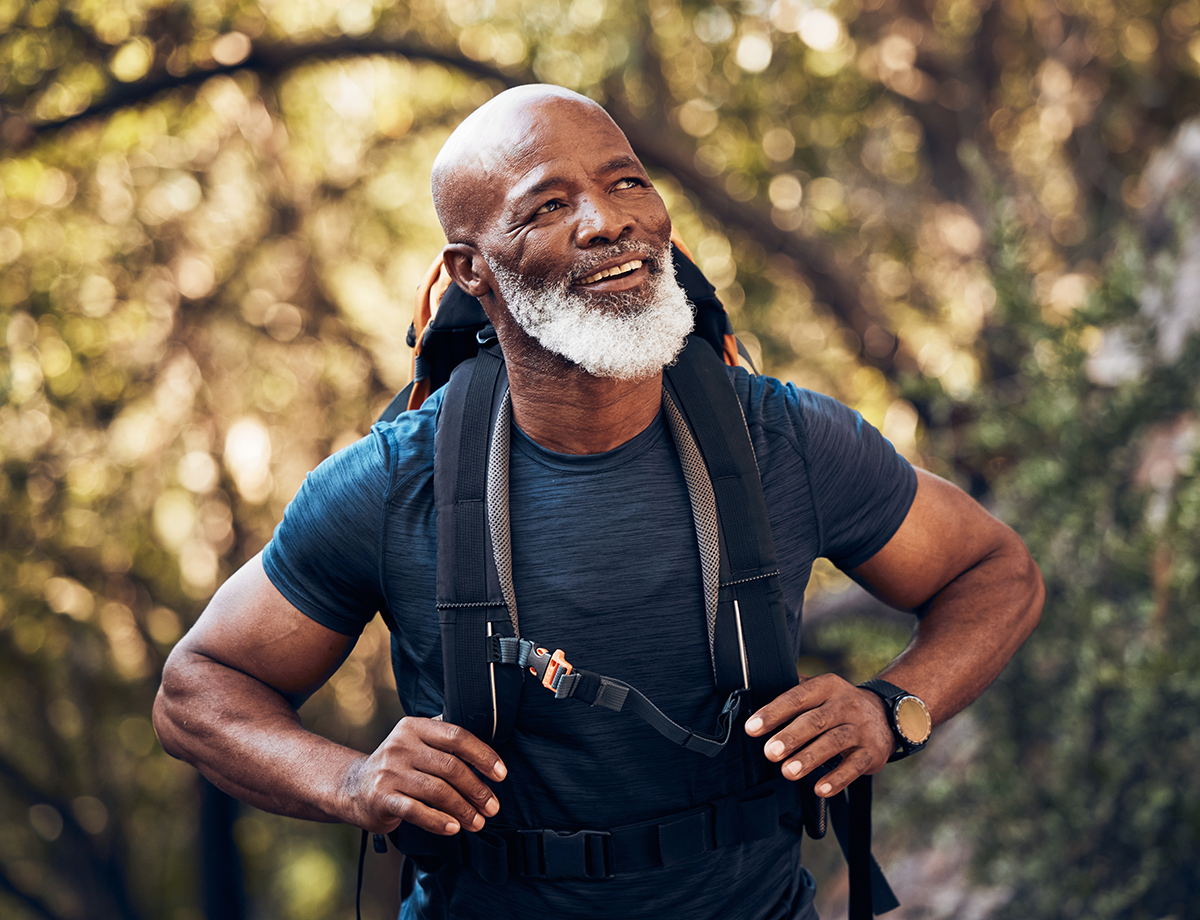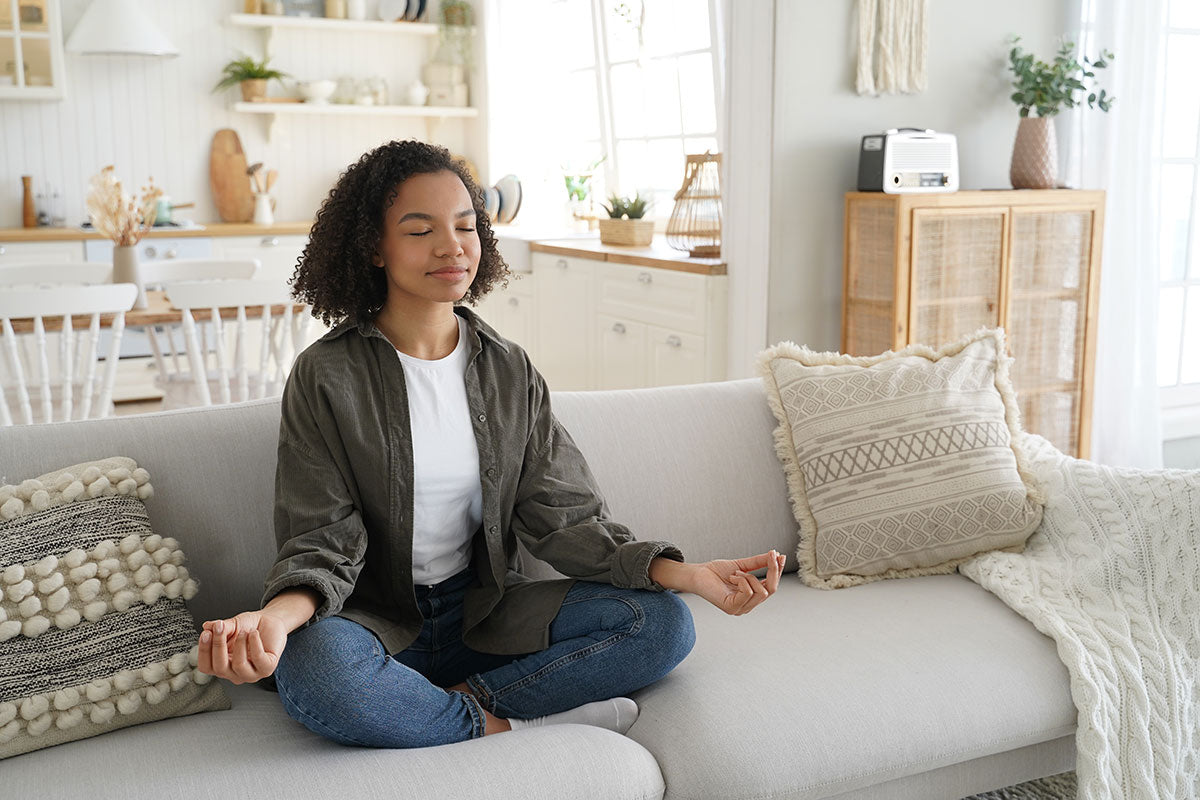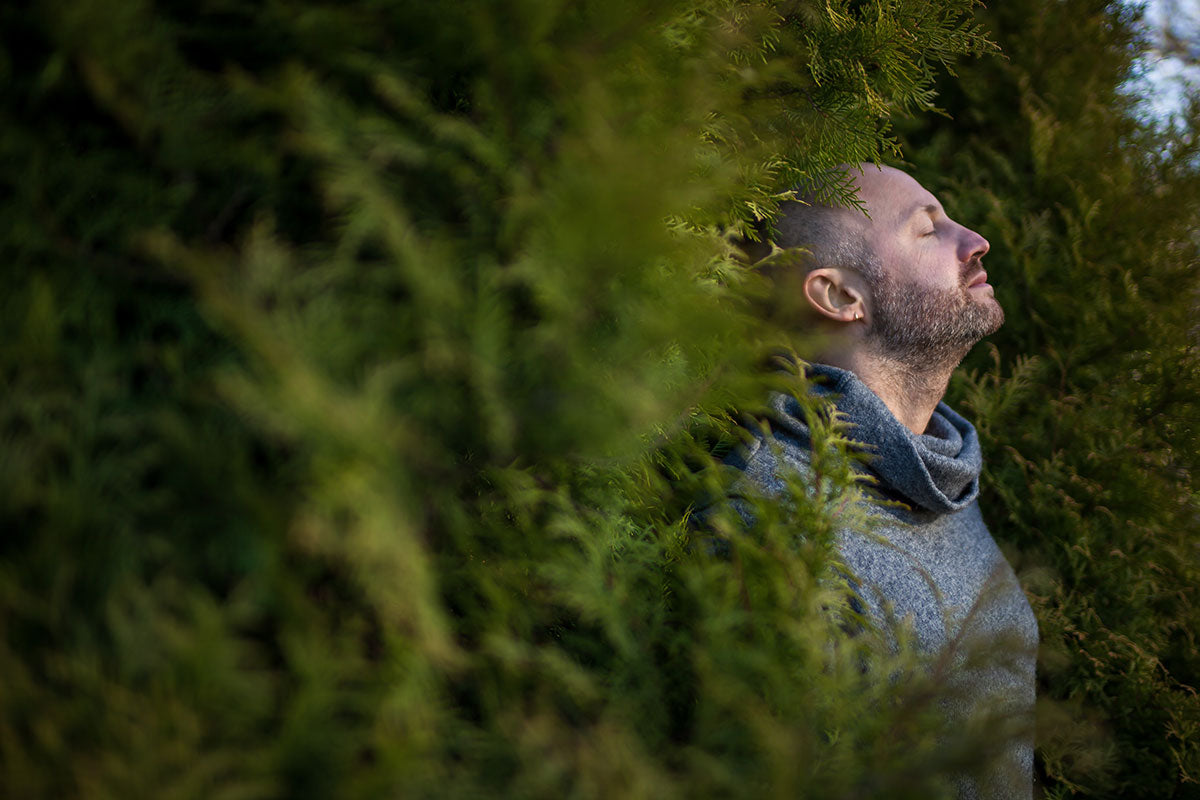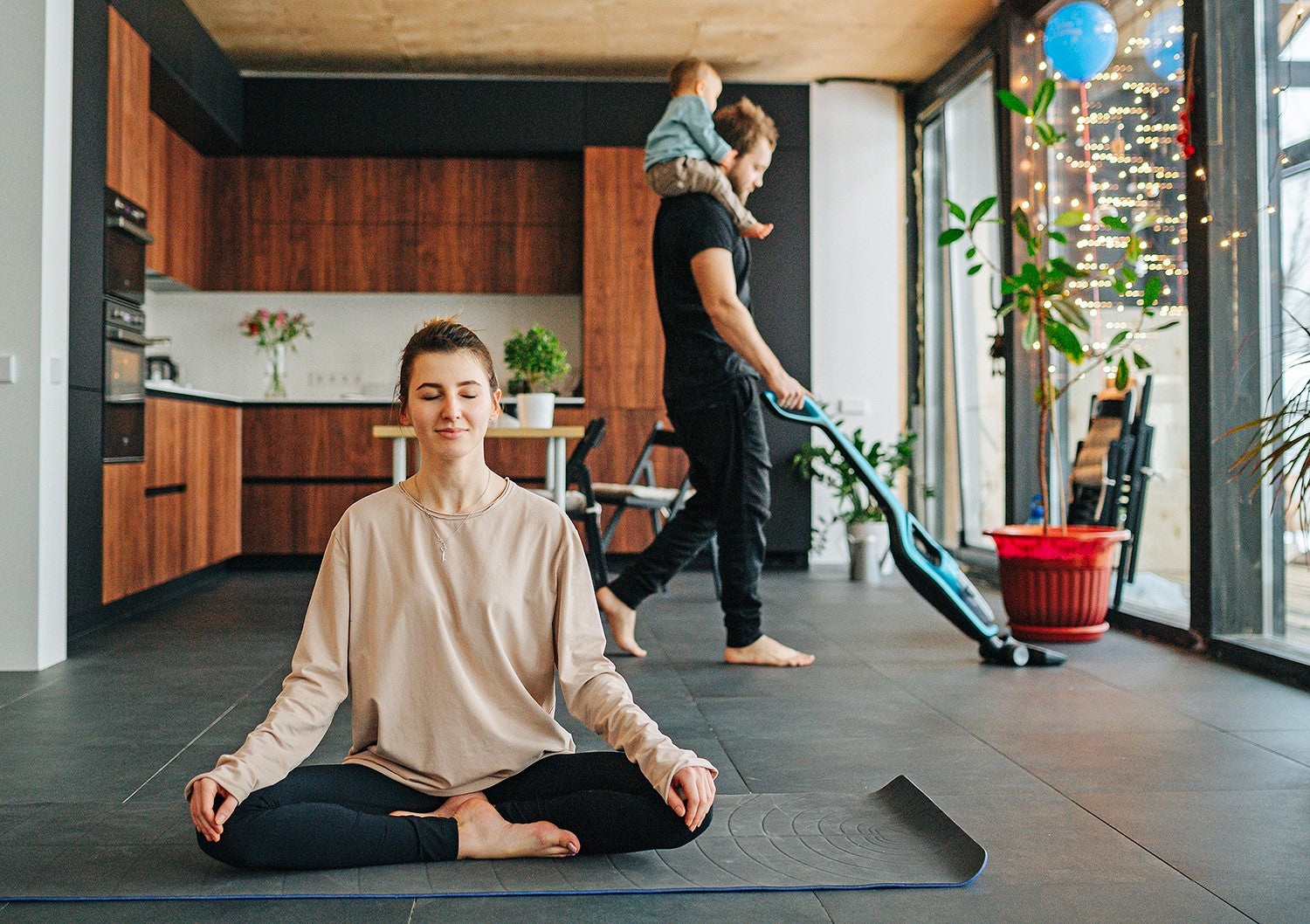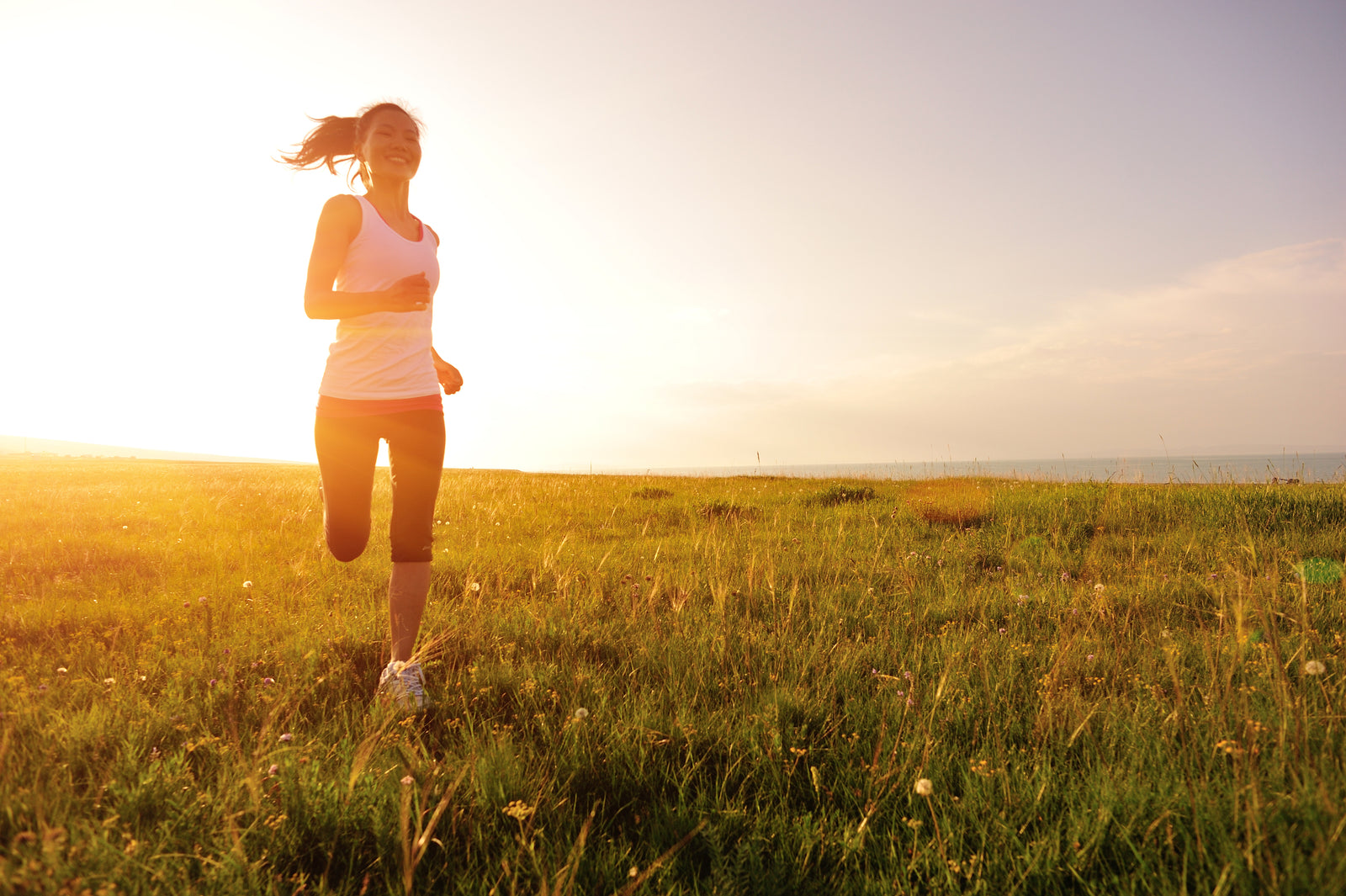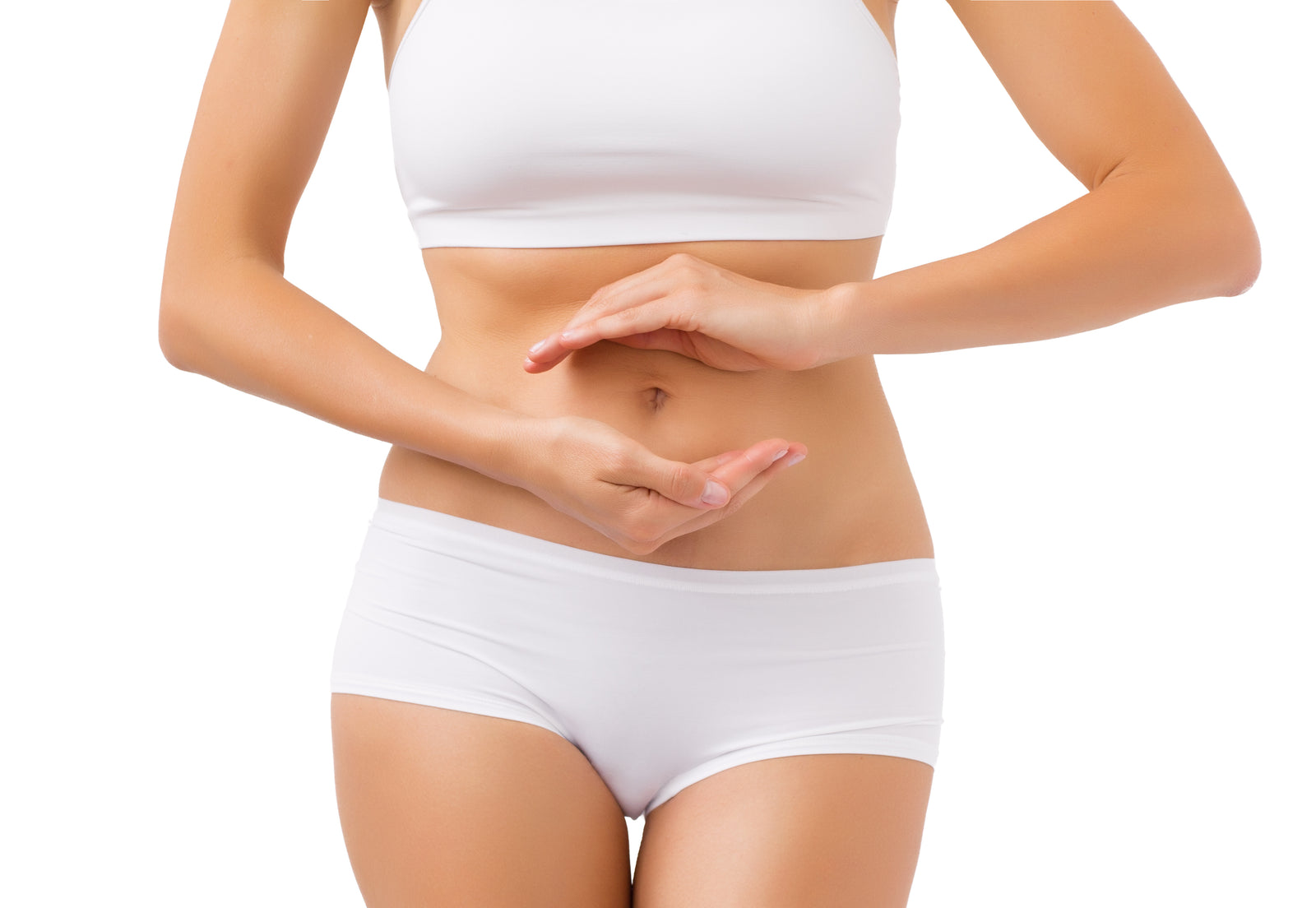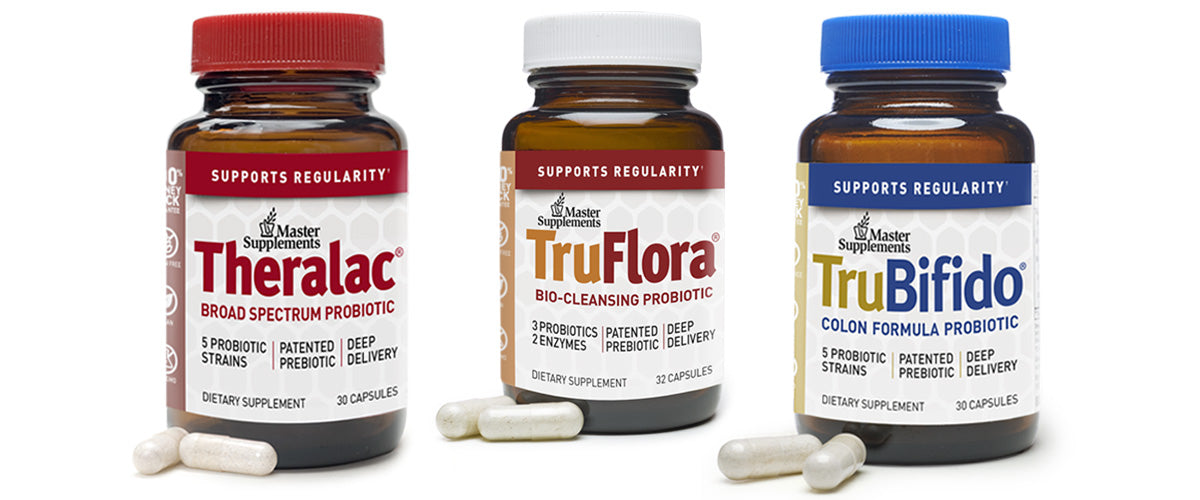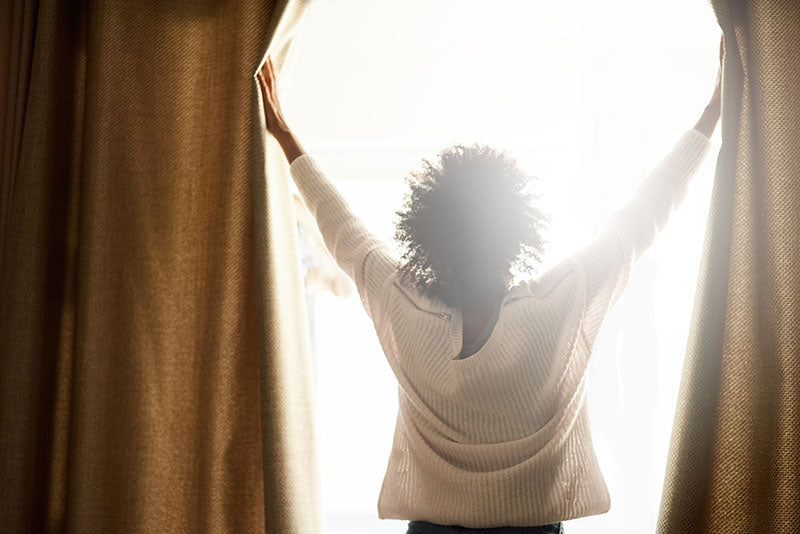Everything You Need to Know About Digestive Enzymes
Proper digestion is a byproduct of countless environmental and biological factors. And digestive enzymes play a huge role in your body’s natural digestive processes. You secrete enzymes from your mouth, pancreas, liver, and more! Each of these enzymes has a specific function and supports your natural digestive processes in some way.
In this blog, we’re going to give you a basic primer on digestive enzymes before individually breaking down each of the enzymes included in every bottle of Enzalase (the same way they break down food in your guts).
Let’s get started!
What are digestive enzymes?
Digestive enzymes are catalysts that speed up the digestion of protein, carbohydrates, fiber, and fats. Breaking these macronutrients into smaller pieces helps your body get more nutrients out of the food you eat, more efficiently process undigested food, and support gut health.
Do digestive enzymes really work?
Absolutely! Your body naturally produces enzymes like lipase, amylase, and protease as part of the digestive process. It secretes pancreatic enzymes, liver enzymes, and more as part of your digestive system.
How do digestive enzymes work?
Digestive enzymes cleave molecular bonds by targeting specific molecular structures to speed up the digestion.
For example, invertase splits a disaccharide, sucrose, into its two constituent monosaccharide units (one glucose molecule, one fructose molecule). Invertase cannot break down any other molecule besides sucrose.
Similarly, Lactase will only cleave a lactose molecule into glucose and galactose.
Should I take a digestive enzyme?
As we age, our bodies produce fewer pancreatic and digestive enzymes naturally. Supplementing your diet with a potent digestive enzyme can help combat occasional gas and bloating from food sensitivities or poor digestion.
When should you take digestive enzymes?
The typical recommendation is to take digestive enzymes either 30 minutes before a meal or within 30 minutes after. It takes your stomach between 60-90 minutes to process a meal before sending it into your digestive tract so there’s a short window of opportunity.
Look for digestive enzyme supplements with some type of acid protection. Most enzyme activity occurs in the intestinal tract. Stomach acid denatures digestive enzymes, rendering them inactive and ineffective so it’s important to keep them protected.
Can you take probiotics and digestive enzymes together?
Absolutely! Because digestive enzymes digest super specific molecules, they don’t interfere with probiotic colonization. In fact, digestive enzymes can have a prebiotic effect by making the food you eat more available for probiotic bacteria.
Probiotics eat the same food we do and can benefit from improved absorption too!
What should I look for in a digestive enzyme supplement?
Your first step should be to check the refrigerated section at your local market. Refrigeration helps enzyme supplements maintain homeostasis and prevents them from degrading over time.
Next, read the label. Are the enzymes of human origin or from another species? While there are benefits to both, knowing what you’re about to put into your body benefits your digestive health outcomes.
We recommend a multi-enzyme blend because, unless you’re on a special diet, most of us consume carbs, protein, fats, and fiber on a daily basis. The best digestive enzymes will be able to digest all four macronutrients to maximize absorption and nutrition. Speaking of high quality digestive enzyme supplements
What are the 12 digestive enzymes in Enzalase?
We break the 12 digestive enzymes in Enzalase down into 4 separate groups:
Protein digesting enzymes
Carbohydrate digesting enzymes
Fat digesting enzymes
Fiber digesting enzymes
Click on any of the links above to read more about your desired enzyme group!
If you have any other questions about enzymes, feel free to ask us in the comments or contact us directly. With that said, let's begin!
Protein Digestive Enzymes
Bromelain Protease
Papain Protease
Neutral Protease
These three powerful protein-digesting enzymes are all plant source proteases. Protease is a general term for the entire class of protein-digesting enzymes. You may also know them as proteolytic enzymes.
The numbers and letters following the name represent the activity of that enzyme present in each Enzalase® capsule. The weight of an enzyme in mg means nothing, only activity counts. Activity is the actual “work” that the enzymes are capable of doing, a milligram guarantee (mg) on a label is only a measure of weight, not activity.
BROMELAIN – 200 GDU/capsule
Bromelain comes from pineapple, both fruit and stems. It contains a mixture of proteolytic digestive enzymes, called cysteine proteases, that form peptides (short chains of amino acids) and amino acids from whole proteins. Bromelain has a long history of use as a digestive aid.
Bromelain’s activity is expressed in Gelatin Dissolving Units (GDU). GDU is relatively strong in comparison to other protein digestion units so a low value is still significant. Bromelain also demonstrates systemic benefits when taken on an empty stomach.
PAPAIN – 42,500 TU/capsule
Papain is a mixture of proteolytic enzymes derived from unripe papaya fruit. These digestive enzymes effectively attack tough to digest proteins like beef steak, releasing peptides and amino acids. Papain is used as a meat tenderizer due to its rapid-acting proteolytic activity.
It has been shown to be synergistic with bromelain because each attacks different peptide bonds to ensure that protein digestion goes to completion.
The pioneering work of the late German physician Dr. Hans Nieper is worthy of review regarding the use of these enzymes for enhancing systemic health.
Papain activity is expressed in either TU, tyrosine units, or PU, papain units. 1 TU is equal to 60 PU.
Keep this in mind when comparing enzyme activities on a competitive product.s TU is a much larger unit. Enzalase® capsules contain 42,500 TU of papain activity which is equivalent to 2,550,000 PU. Papain is present in Enzalase® at a very potent activity level.
NEUTRAL PROTEASE – 5,800 HUT/capsule
A neutral protease is the third proteolytic enzyme that completes the protein digesting group for Enzalase®. It is derived from Aspergillus oryzae (also known as koji which is used in the production of sake). This protease functions optimally in a pH range around neutral (6.5-8.0).
Protein digestion is therefore enhanced by this enzyme in the small intestine because it operates at a similar pH range to the small intestinal environment.
Many enzyme supplements contain acid protease enzymes which function primarily in the stomach at a pH below 3.0.
Enzalase® does not contain acid proteases since it is designed to function in the small intestine where backup digestive activity and cobiotic generation (for Lactobacillus stimulation) is needed.
The neutral protease in Enzalase® is present at an activity of 5,800 hemoglobin units (HU)/capsule.
Carbohydrate Digestive Enzymes
Alpha-Amylase
Glucoamylase
Alpha-Galactosidase
Lactase
Invertase
ALPHA AMYLASE – 5,000 SKB/capsule
These digestive enzymes digest polysaccharides from starches that contain alpha-1,4-glycosidic bonds. There are other amylases, such as beta- and gamma-amylase, but alpha-amylase is the most important in food digestion.
Alpha-amylase will digest a large variety of starches such as those from:
Wheat
Corn
Potatoes
Rice
The end products of the digestion are mostly dextrins. Dextrins are linear glucose chains of varying length. Alpha-amylase also releases oligosaccharides, or short glucose chains, all the way down to maltose. Maltose is a disaccharide containing two glucose molecules.
To get free glucose released, alpha-amylase needs help from glucoamylase.
The extent to which dextrins are broken down into shorter chain oligosaccharides and maltose, which is the objective, depends on several factors:
The amount of alpha-amylase present
The type of starch
The transit time in the small intestine
The presence of any enzyme inhibiting compounds or hostile factors.
The human body produces alpha-amylase in the mouth (via saliva) and in the pancreas. Pancreatic alpha-amylase is injected into the small intestine at the duodenum with the rest of your body’s natural pancreatic enzymes.
Alpha-amylase production slows down with age, often dramatically.
When undigested starch moves deep into the intestinal tract, digestive issues may arise. Starch stimulates many types of bacteria and yeast that can overgrow in the small intestine (frequently referred to as SIBO).
The result is indigestion, cramping, excess gas, and other digestive problems shortly after eating. A multi-enzyme supplement with alpha-amylase can help prevent SIBO as can co-administration with a high potency probiotic.
Enzalase® contains 5,000 SKB units of alpha-amylase activity/capsule. One SKB (Sandstedt Kneen Blish) unit liberates 1.0 grams of dextrin per hour.
Therefore, one SKB unit will digest one gram of starch per hour under ideal conditions, so the 5,000 SKB units in Enzalase® should digest 5,000 grams (11 lbs) of starch per hour.
That may appear to be overkill but it’s not, the key phrase in the above sentence is “under ideal conditions.” Shortly after a meal, the duodenum section of the human small intestine has anything but ideal conditions for any given enzyme.
When the food mixture (chyme) moves from the stomach into the duodenum, it contains stomach acid, pepsin (a hostile enzyme to other enzymes), fat coatings that slow the action of digestive enzymes, fiber and foodborne enzyme inhibitors, anti-digestion factors (ADFs) we don’t understand yet, multiple enzymes from the pancreas and bile from the liver.
Not a happy place for any single enzyme trying to excel at its job.
At best, the conditions in the duodenum allow a number of different digestive enzymes to function simultaneously, albeit at some activity level less than what they demonstrate under ideal conditions in the laboratory.
Therefore, we provide a healthy dose of alpha-amylase and reinforce its survival through the stomach with acid proof protection.
GLUCOAMYLASE – 5 AG/capsule
This is the enzyme that completes the digestion of starches started alpha-amylase. Glucoamylase, also called amyloglucosidase, works on dextrins at their non-reducing ends and releases free glucose.
Glucoamylase helps pull alpha-amylase by preventing a buildup of dextrins that slow down alpha-amylase by feedback inhibition. Glucoamylase is used in the food industry to produce glucose from starch in such applications as alcohol production, fruit juice, and baking.
It is an important augmenting enzyme in a high quality digestive enzyme supplement.
Enzalase® contains 5 AG units of glucoamylase activity. AGs, or amyloglucosidase units, are relatively large units so a little goes a long way. Be wary of any enzyme supplement that contains alpha-amylase (may be listed incorrectly as amylase) and no glucoamylase!
ALPHA GALACTOSIDASE – 165 GalU/capsule
Alpha-galactosidase from Aspergillus niger catalyzes the hydrolysis (digestion) of sugars in the raffinose family. These include raffinose, melibiose, and stachyose. These are the gassy carbohydrates found in beans and peas and cruciferous vegetables like broccoli and cabbage.
The human digestive system needs help in dealing with these carbohydrates or the person consuming them becomes bloated and gassy rather quickly.
When these sugars make it into the colon undigested, an army of waiting bacteria, including Clostridia and Bacteroides species, produce gas.
Separate from the embarrassing flatulence issues is the issue of the beneficial colon microflora becoming unbalanced. Beneficial probiotic bacteria, like Bifidobacteria, can potentially lose out to less desirable microbes when these gassy foods become a frequent addition to the diet.
The final byproducts of raffinose digestion by alpha-galactosidase:
Raffinose + alpha galactosidase > galactose + sucrose
Melibiose + alpha galactosidase > galactose + glucose
Stachyose + alpha galactosidase > galactose + sucrose
These end product sugars are well assimilated in a healthy digestive tract and are generally non-gassy.
Therefore, supplementing your diet with alpha-galactosidase can potentially confer health benefits along with social benefits!
A tablet of alpha-galactosidase digestive enzymes typically contains 150 GalU of Galactosidase activity Units.
Enzalase® capsules contain 165 GalU of alpha-galactosidase activity. This amount is quite effective and well tolerated. Formulations that contain > 165 GalU can cause stomach upset in some people.
LACTASE – 1000 ALU/capsule
Lactase, or beta-galactosidase, digests lactose (milk sugar). Lactase liberates galactose and glucose to be readily assimilated by the body.
When lactose is not digested in the upper small intestine, it travels to the ileum and colon where gas-producing bacteria readily consume it. This condition is commonly referred to as lactose intolerance.
People with lactose intolerance react negatively to dairy products and processed foods that contain lactose, bloating with excess gas and diarrhea are the common symptoms.
Lactose intolerance is also called lactose malabsorption or maldigestion and results from low production of lactase in the brush border membrane of the mucosa of the small intestine. In plain English, a lactose intolerant person is not producing enough lactase.
Lactase is produced at birth, decreases during childhood, and becomes low in adulthood. This is a normal sequence for humans and other mammals and is nature’s way of telling us we need less milk as we mature.
Other types of lactose intolerance can be genetic. In general, 70-95% of the adults worldwide are lactose intolerant.
Lactose maldigestion is defined as an increase in blood glucose concentration of fewer than 1.12 millimoles/liter or a breath hydrogen of > 20 ppm after ingestion of 50 grams of lactose. Most lactose intolerant people can consume a small amount of lactose without showing adverse symptoms.
The tolerance level is about 10-12 grams of lactose or 200 ml of milk (about one 1 glass) but may be as low as 0.5 to 7 grams of lactose. See Scientific References for more information on this subject.
The use of lactase as a dietary supplement to help offset the symptoms of lactose intolerance has gained popularity in the last 10 years. Lactase is currently sold as a stand-alone supplement and is also used to treat milk prior to consumption.
The problem with using lactase as a dietary supplement has been its sensitivity to stomach acid (and pepsin) which destroy a significant amount of activity before it reaches the intestinal tract.
In a 2002 study published in the Journal of Pharmaceutical Science (Alavi et al, 5(3): 234-244, 2002) it was found that both Lactaid and Enzeco brands of lactase lost > 96% of their activity after exposure to pH 1.2 stomach acid for 2 hours.
To compensate for this loss, high levels of lactase are used which makes it difficult to include other enzymes in these products. The answer is not to use an overage but to properly protect lipase and all digestive enzymes from stomach acid.
Enzalase® contains 1000 ALU of lactase activity/capsule. One ALU (Acid Lactase Unit – FCC Method) is the quantity of enzyme that will liberate o-nitrophenol from o-nitrophenyl-beta-D-galactopyranoside at the rate of 1 micromole/min. at pH 4.5 at 37 C.
To put this in more practical terms, 1000 ALU of lactase activity will digest > 80% of the lactose in 3 glasses of milk (36 ounces) in one hour.
INVERTASE – 400 SU/capsule
Invertase, also called sucrase, is the enzyme that splits sucrose (table sugar) into its component parts: fructose and glucose. The body produces invertase in the small intestine for this purpose but aging and disease often limit the amount produced.
It is not desirable to have disaccharides like sucrose build up in the intestinal tract and various health problems have been associated with sucrose maldigestion, akin in some respects to lactose intolerance. Multi-enzyme supplements that include invertase may help prevent these problems.
Enzalase® contains a booster dose of 400 Summer Units (SU) of invertase activity/capsule.
Fat Digesting Enzyme
Lipase
LIPASE – 6,000 FIP Lipase Units/capsule
This digestive enzyme is the keystone enzyme in Enzalase® because it enhances the activity of the other eleven enzymes.
Lipase digests fats and oils that interfere with the activity of other enzymes.
When fats and oils form a film around nutrients such as starches and proteins, which commonly happens in the stomach, the digestion rate of these nutrients decreases. Especially once they reach the duodenum if there is any shortage of pancreatic lipase.
Try to visualize a protease enzyme like bromelain trying to digest a piece of pork chop that is covered with fat. Fat from the pork, fat from butter, fat from cooking oil, and fat from all the other fatty foods in the meal.
With all that fat, it becomes difficult for bromelain to break down fat coated pork proteins. On a molecular level, fat blocks bromelain’s active site and reduces its activity.
This layer of fat prevents bromelain from breaking down protein and this interference can be easily demonstrated in the lab. Add bromelain to some ground meat and water in a beaker and measure its rate of digestion.
Now repeat the test but add a few grams of butter to a second beaker containing the same amount of meat and bromelain. The rate of protein digestion will be slower in the beaker containing the butter.
Lipase is the enzyme that directly digests fats and oils and converts these triglycerides to fatty acids and glycerol that are then utilized for energy and metabolism. Problems arise when fats are not effectively digested Blood triglycerides go up, intestinal problems develop, and fat appears in the stools. As we age it’s common for all digestive enzymes to decrease by 1-2% per year and lipase is no exception.
Therefore, it makes sense to add high lipase activity to a multi-enzyme supplement. Lipase is one of the more expensive digestive enzymes to produce so most supplement manufacturers neglect to add it at efficacious levels.
Enzalase® has been formulated to contain 6,000 FIP units of lipase activity/capsule, the highest strength available in a nonprescription digestive enzyme supplement.
6,000 FIP units of lipase will digest about 28 grams, or one ounce, of olive oil in one hour at body temperature. This provides significant augmentation to the lipase produced by the body. For example, a 2,000 Calorie per day diet containing 30% of the calories as fat would contain 67 grams of fat.
The amount of lipase in Enzalase® is sufficient to digest 42% of this amount of fat in one hour and more than 80% in two hours. From this it can be seen that products containing less than 1,000 FIP units of lipase activity per dose are simply not effective in supporting fat digestion.
In addition, Enzalase® contains EnzaStim®. a unique fat emulsifier that can double the above digestion rate under conditions found in the duodenum. Fat digestion is dependent upon having fats emulsified (effectively micro-mixed with water) and EnzaStim® helps support the body’s fat emulsifying secretions.
Fiber Digesting Enzymes
Cellulase
Hemicellulase
Pectinase
CELLULASE – 3,000 CU/capsule
Cellulase digests cellulose, an insoluble fiber source. Cellulose is common in fruits, vegetables and grains.
Cellulose, like starch, is a polymer of glucose molecules. These carbohydrate molecules are bonded together differently in cellulose and therefore require a different enzyme to split them – cellulase instead of alpha-amylase. The end result of digesting starch and cellulose is the same: glucose.
The human body does not produce the enzyme cellulase. Therefore, virtually no digestion of cellulose occurs unless you ingest a dietary supplement containing this enzyme.
Most multi-enzyme supplements do not contain cellulase. Those that do often contain a low, essentially nonfunctional, activity level. This is not the case with Enzalase®.
Enzalase contains a significant 3,000 FCC cellulase units (CU) per capsule. We include cellulase because it releases prebiotics nutrition from complex fiber matrices present in whole foods.
FCC stands for Food Chemical Codex and represents, for any enzyme, one of the most accepted standardized assay techniques. One FCC unit of cellulase activity or CU will produce a relative fluidity change (lower viscosity) of 1.0 in five minutes in a defined carboxymethyl cellulose substrate under conditions of the assay.
This means that when a viscous solution of cellulose is treated with cellulase it thins out.
HEMICELLULASE – 6,400 HCU/capsule
Hemicellulase is another digestive enzyme that is not produced by the human body. This important enzyme digests non-cellulose polysaccharides found throughout the plant kingdom including many vegetables and grains.
Hemicellulose carbohydrates are known to hinder the digestion and absorption of various nutrients and have only limited prebiotic potential. The action of the hemicellulase enzyme on hemicellulose carbohydrates is important to enhancing the prebiotic activity of the latter.
This is an issue not commonly discussed regarding digestive enzyme supplements. Food grade guar gum, for example, becomes a more effective prebiotic if it is partially cracked by hemicellulase. Hemicellulase turns whole guar gum into partially hydrolyzed guar gum (PHGG).
Other examples of hemicellulose carbohydrates that can be helped by partial cracking with hemicellulase are various galactomannoglucans, beta glucans, pentosans, and a whole catalog of hydrocolloid gums used in foods.
Yes, ice cream and dairy desserts, especially ones loaded with gums like locust bean, acacia, and carrageenan, can get a prebiotic boost via partial digestion with hemicellulase.
Enzalase® contains a potent activity level of hemicellulase at 6,400 HCU/capsule (Patent Pending). One FCC – HCU or HemiCellulase Unit produces a relative fluidity change of 1.0 in 5 minutes in a locust bean gum solution at 40 C and pH 4.5.
PECTINASE – 25 Endo-PG U/capsule
Pectinase is present in Enzalase® at 7,500 AJDU/capsule – Apple Juice Depectinizing Units.
This is a potent level of a food grade enzyme rarely found in dietary enzyme supplements. Fruit pectins, like hemicellulose polysaccharides, are potential prebiotics provided they can be partially cracked to render them more bifidogenic (food source for Bifidobacteria).
As a separate issue, plant cell wall pectins have been shown to form water-soluble complexes with various nutrients. These water complexes may limit the availability of fructooligosaccharide prebiotic nutrition from certain fruits. Thus, encouraging the in situ digestion of food pectins has dual prebiotic activation potential.
When combined with cellulase and hemicellulase digestive enzymes, pectinase completes the critical triad of high potency fiber digesting enzymes present in Enzalase® making it totally unique among digestive enzyme supplements..
What else do I need to know about Enzalase?
Enzalase® stands apart from other digestive enzyme supplements with this unique technology: The 12 enzymes in Enzalase® make it through the harsh acidity of the stomach fully active and get delivered deep into the intestinal tract where they go to work.
The stated activity of each enzyme is guaranteed through the expiration date printed on the product’s label. All 12 enzymes are protected from stomach acid and pepsin by a food grade, carbohydrate from seaweed called sodium alginate.
This acid-proof protection assures that the enzymes in Enzalase® will get delivered unharmed and fully active into the small intestine where they complement the body’s digestive enzymes.
Sodium alginate adds a bonus benefit by holding most of the enzymes together in a gel as they move through the small intestine. Alginate slowly releases the digestive enzymes from the gel as it moves through your digestive system. This results in digestive support deep within the intestinal tract.
Deep digestive support helps provide cobiotics that feed Lactobacillus probiotics in the ileum section of the small intestine.
Our goal is to provide you with the information you want and need so you can continue to make the best decisions for your gut health.


